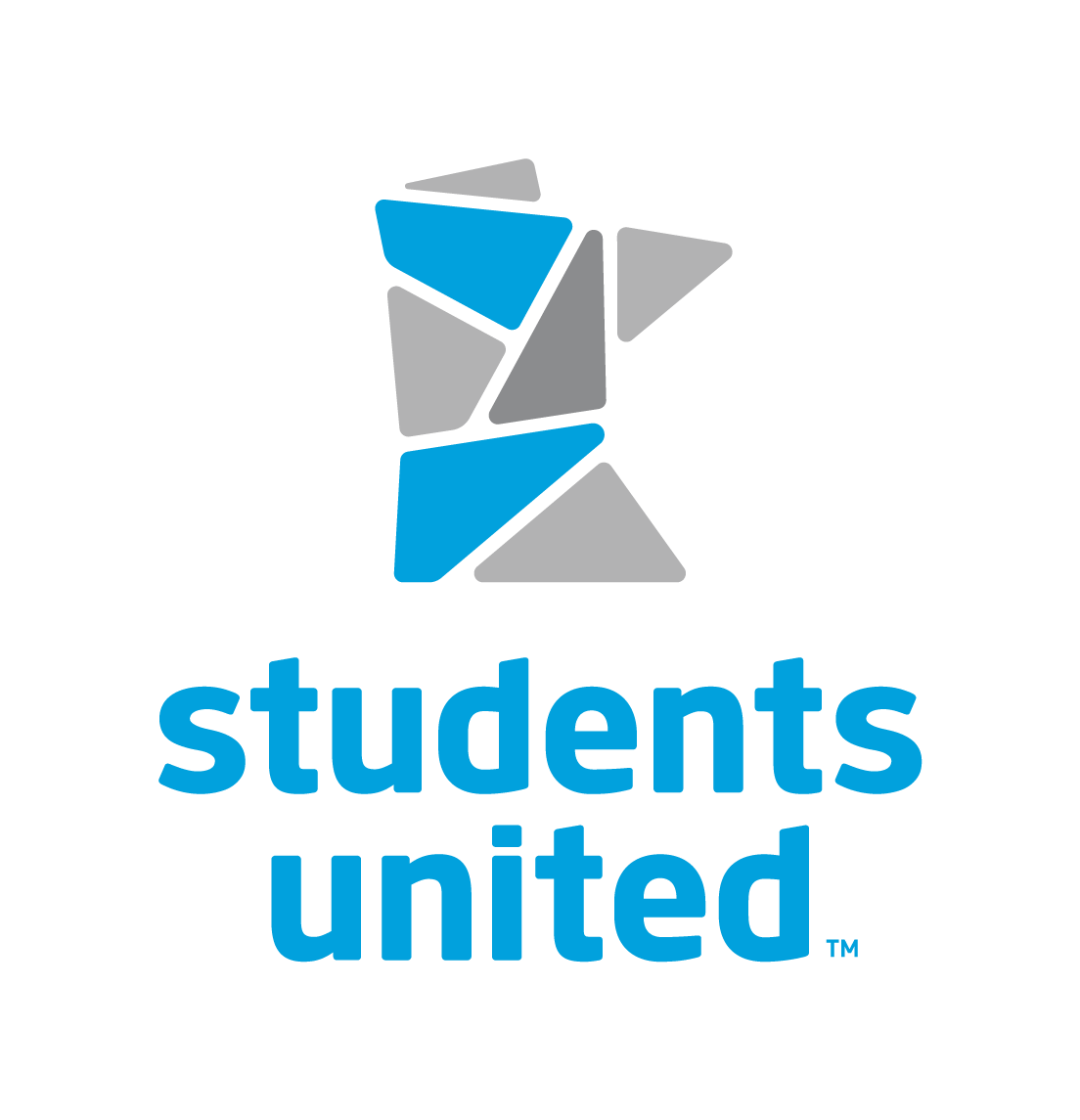Students United submitted the following testimony for our March 2022 Board of Trustees testimony:
Chair Cowles, members of the Board of Trustees,
In the summer of 2020, after the murder of George Floyd by four Minneapolis police officers, of whom multiple attended Minnesota State schools, the system announced that it would be undertaking a multi-pronged approach to law enforcement education reform. Included in this approach was a law enforcement faculty community of practice, a systemwide taskforce on law enforcement education reform, reviews of Law Enforcement and Professional Peace Officer Education programs, a strategic plan for recruitment and retention of faculty of color, and a revision to MNTC Goal Area 7: Human Diversity to provide a systemwide requirement around race education for graduation.
While the review of Law Enforcement and PPOE programs is well underway, the next most tangible result of this multi-prong approach is the Goal Area 7 revision. After more than one year of committee meetings, revisions, and deliberations, the final proposed language for Goal Area 7 went live for review and comment in the beginning of February 2022. As the trustees will be receiving an update on this revision at one of the upcoming meetings, Students United would like to say prior to that meeting that we wholly support the proposed language.
The newly proposed Goal Area 7 language provides the only guarantee that students pursuing degrees through Minnesota State learn about the history of race and racism in the United States. This subject area is widely misunderstood and is not always fully addressed with students prior to their higher education experience. Discussing race in a historically accurate, academic manner ensures positive outcomes for students graduating from our institutions. Furthermore, discussing race in full and providing pathways for understanding the history of communities in the United States is as important for students of color as it is for white students, which is a point that we believe can get lost in the discourse. As the Minnesota higher education system graduating the highest proportion of students of color of any system in the state, that responsibility cannot be understated. Lastly, we believe that this revision will serve an important role in keeping courses designated to the Goal Area on-topic. It was well known among the work groups’ members, as well as students, faculty, and staff generally, that Goal Area 7: Human Diversity had become chocked-full of courses which hardly met the original intent of the Goal Area. The new language, while comparatively narrow in scope compared to the old language, ensures that the courses assigned to the Goal Area address the topics that were envisioned at the onset: the history race and racism in the United States.
We find ourselves in a new phase with COVID-19. On March 1st, our campuses received new guidance on how to approach masking mandates in response to the CDC’s updated mitigation strategies. In short, unless an institution is in a “high” risk county or individuals are in a healthcare or clinical setting, masks are no longer required in indoor settings, nor may any “individual faculty or staff” deviate from the institution’s overall approach. Additionally, there will no longer be a proof of vaccination or testing requirement for students living in residence halls or other activities that were designated by the institution. While we understand that these decisions were made in conjunction with the ever-developing guidance from the CDC and other public health agencies, we worry that this new mandate places undue burden on the individual to wear a mask for their own protection, especially as it pertains to our immunocompromised and high-risk students, faculty, and staff. Allowing leniency for staff and faculty to mandate the use of masks in their classroom, especially for the consideration of immunocompromised students, staff, and faculty, seems like a reasonable step to ensure that these individuals feel safe at their institution. We want to come out of this pandemic a more just, more empathetic community. We look forward to continued conversation with the Chancellor and the folks in the System Office about continued mitigation measures.
